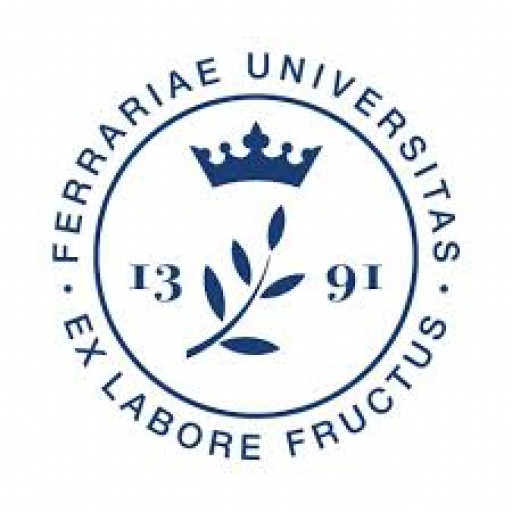Photos of university / #dartmouthcollege
The field of Environmental Studies views the earth, and our place in it, as a set of complex, interacting socio-ecological systems. To understand this complexity, ENVS draws on concepts and methods from the natural sciences, social sciences and humanities, as complementary lenses through which to view these systems. But we also seek to overcome the limitations of any one of these perspectives by applying innovative approaches that integrate the traditional disciplines in new and productive ways. Research and teaching strengths in the program include environmental governance, ecosystem science, environmental and ecological economics, biodiversity conservation, climate change, and sustainable food systems.
A defining element of environmental studies is active engagement with real-world environmental problems. One contemporary concept we employ to frame this practical engagement is sustainability. The quest for sustainability asks the difficult question, how can humans live well on the planet without compromising the ability of current and future generations to do the same? A number of our courses have a specific focus on “hands-on” engagement with sustainability (ENVS 3: Environment and Society: Towards Sustainability, ENVS 50: Environmental Problem Analysis and the Africa Foreign Study Program).
To meet the needs of our students, we offer a major in Environmental Studies and three minors: Environmental Studies, Environmental Science, and Sustainability. We also offer the Africa Foreign Study Program that travels to South Africa, Lesotho and Namibia where we explore the themes of environmental studies within the particular environment, culture and history of the southern Africa region.
The major in environmental studies requires introductory courses, core courses, elective focus courses, and the culminating experience course (see ENVS major worksheet below). We believe the interdisciplinary nature of environmental studies requires this number of courses to ensure students gain fundamental skills in the areas of environmental science and studies before they move into elective focus courses.
The prerequisites ensure that students have an introduction to a physical science lab science, an understanding of the economic system (since all environmental problems include economic considerations) and calculus so students will have basic quantitative skills used in more advanced environmental studies courses.
The core courses cover a body of knowledge considered fundamental to understanding the relationships between people and their environment, namely, global environmental science, environmental decision making and risk, environmental ethics and the legal system, and political institutions and their role in environmental issues. This core of intermediate level courses provides a unifying set of concepts and principles related to the analysis of complex environmental issues.
The elective focus courses give each student the opportunity to develop an area of emphasis around a theme of their choosing. These courses must be approved as part of the Student Major Plan which must include the rationale for the elective courses. The culminating experience in the major is fulfilled by ENVS 50 (Environmental Problem Analysis and Policy Formulation), 84 (Seminar on Environmental Issues of Southern Africa) or 91 (Thesis Research in Environmental Studies).
The Environmental Studies Minor
Prerequisites (1): ENVS 2 (Introduction to Environmental Science)
Requirements (1): ENVS 3 (Environment and Society: Towards Sustainability?) or ENVS 11 (Humans and Nature in America)
Four other related non-introductory Environmental Studies Courses, two of which are normally from ENVS. Courses from outside ENVS may be used with permission of the Chair.
1. SAT Reasoning or ACT (with Writing);
2. 2 SAT Subject Test Scores;
3. The common application essay;
4. Within the Common Application, Dartmouth’s writing supplement requires that applicants write a brief response to one of the following supplemental essay prompts. Candidates choose one topic and respond;
5. A counselor recommendation and two teacher recommendations. In addition, a peer recommendation is strongly encouraged;
6. Resume;
7. Brief abstract of an independent research project.
Want to improve your English level for admission?
Prepare for the program requirements with English Online by the British Council.
- ✔️ Flexible study schedule
- ✔️ Experienced teachers
- ✔️ Certificate upon completion
📘 Recommended for students with an IELTS level of 6.0 or below.
Dartmouth Scholarships are need-based and are given without expectation of repayment. Amounts range from $1,000 to over $50,000, depending on our determination of your eligibility. Some Dartmouth students will be selected as recipients of one or more of our over 750 endowed scholarship funds. These awards are not additional money, but indicate that the aid already awarded will come from a specific endowed fund. No separate application is required. Students who receive scholarships from external sources can use these funds to reduce the loan and/or job portions of their financial aid packages. Veteran's benefits are included as a resource in the determination of eligibility for Dartmouth scholarship awards. Dartmouth College currently participates at 100% in the Yellow Ribbon Program which supplements GI Bill benefits. For U.S. citizens or permanent residents, the Free Application for Federal Student Aid (FAFSA) is the only form required to apply for Federal Financial Aid. The federal government provides Pell Grants to students who qualify on the basis of financial need as determined by their Free Application for Federal Student Aid (FAFSA). Federal Supplemental Educational Opportunity Grants (FSEOG) are awarded by the College to the most needy students. They vary in amount but do not exceed $4,000 a year. When you apply for financial aid, your parents' country of residence will determine which documents you need to submit. Parents living outside U.S. and Canada should provide income/benefits statement from employer.








